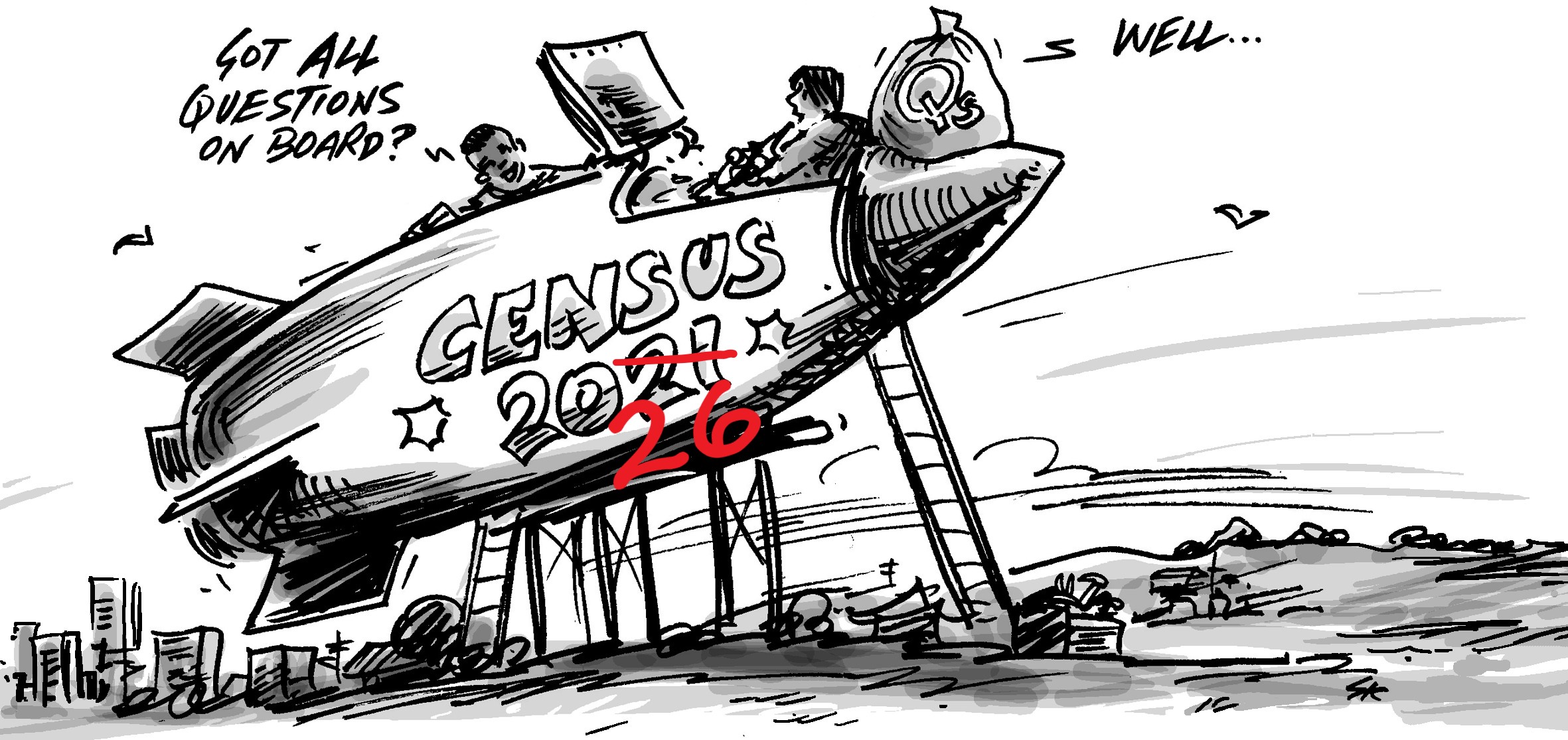Australia is gearing up to run the 2011 Census next month. Every 5 years Australia conducts a Census, which is a fantastic data resource, with a wealth of information for very small areas on the people that live there, their families and dwellings. At .id we put together a lot of information from Census in a very user friendly format, allowing our users to tell the demographic story of their area. As you are filling in your Census form on the 9th of August, you may wonder who decides which questions will be on it?

One of the most common questions we are asked at .id is “How do I get a question onto the Census?” or “Is <insert topic here> going to be on a future Census?” Well I’m afraid it’s not that easy – although everyone can have input into the decision process, it’s actually quite difficult to get a new question on the form.
There is already a unit of the ABS in Canberra planning for the 2016 Census. The ABS starts thinking about what is going to be on the Census form and any changes to the collection methodology about 7 years in advance.
If you want to get a question on the form (and there are lots of interesting ones our clients have suggested!) you need to be prepared and do your homework.
Usually soon after the release of the previous year’s Census, the ABS starts up the consultation process for the next one. There will be a call for submissions from organisations and the general public. After 2006, this happened in late 2007, with the consultation process due to take place through 2008.
Unfortunately this was the time when there was a change of government in Australia, and all government departments had their budgets cut. The ABS responded to this by minimising changes to the 2011 Census and keeping the form identical. So all the questions in 2011 will be the same as in 2006. Forms have to start printing about 2 years in advance, so by the time budgets were increased again in 2009, it was too late.
Hopefully that won’t happen again, so there should be a consultation process for the 2016 Census starting up in late 2012/early 2013. Anyone can put in a submission but you need to know the criteria for getting a question on there. The Census is a $300 million exercise and if the extra questions push out the number of pages on the form, it adds some millions of dollars to the total.
- The topic needs to be of national importance and applicable across Australia, for policy development, planning or monitoring.
- There is a need for the data for small groups or small geographic areas (which is where the Census excels) – otherwise it’s going to be a lot cheaper to do a national survey.
- There must be no other suitable data sources available.
- The topic must be suitable for inclusion on the Census.
The main point for number 4 is that the Census is a self-responded questionnaire. Better results are actually obtained if you go out and interview people, because the interviewer can interpret and code their answers. But for something of the magnitude of the Census it has to be mainly filled out by the householder with little or no assistance. This is the reason that questions on disability are so difficult to ask, and why the question in 2006 produced data which give fairly minimal information, with nothing about type or severity of disability.
More information on the Census assessment criteria are available on the ABS website:
So if you’ve a favourite topic which you think needs to be included, soon after the release of the 2011 data will be your time to get involved.
Some interesting topics which have been collected in the past but which no longer are:
- Duration of marriage (all up to 1986)
- Orphanhood (1921)
- Life insurance (1976)
- Holidays (1976)
- Duration of unemployment (up to 1961)
- Computer use (2001)
- Material of dwelling walls and roof (various prior to 1976)
- Access to Television (1961-1971)
- Method of sewerage disposal (1971-76)
- War service (1933)
Some common suggestions we’ve heard are:
- Pet ownership
- Health status
- Travel to education
- Multiple jobholding
We’ll be following the release of 2011 data and the consultation process for 2016, and keeping you up-to-date via this blog as well as our website. In the meantime, why not leave a comment on the blog about which topics you think should be included on the Census?
.id is a team of population experts who combine online tools and consulting services to help local governments and organisations decide where and when to locate their facilities and services, to meet the needs of changing populations. Access our free demographic resources and tools here.










